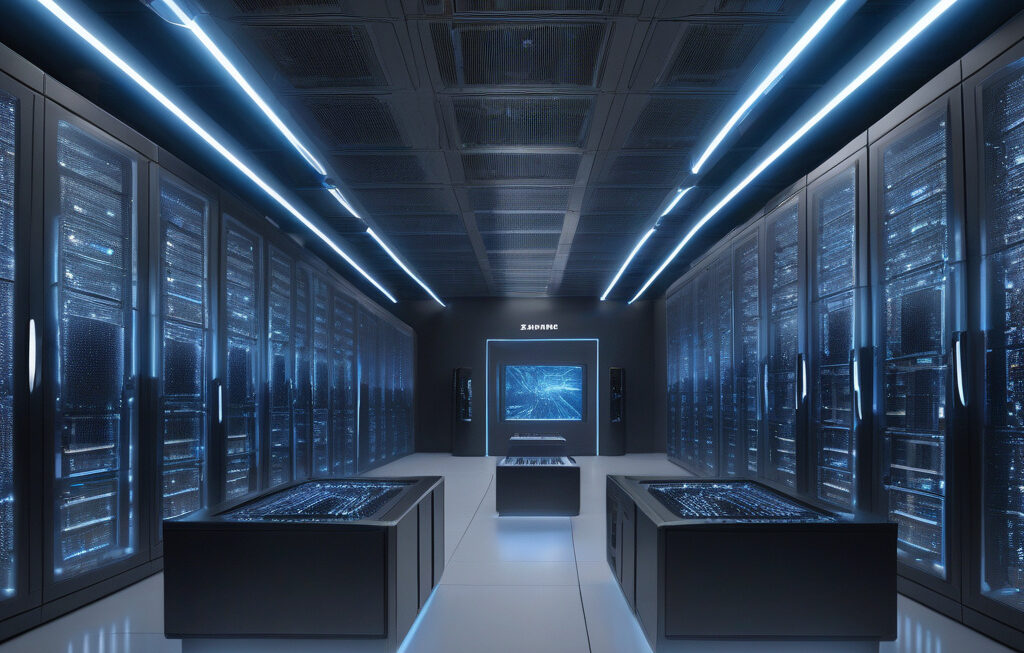The Impact of UK Copyright Laws on the AI Sector
The debate surrounding UK copyright laws has once again resurfaced, with prominent figures in the creative industry raising concerns about the potential harm these regulations could inflict on artists and the burgeoning AI sector. Among those voicing their apprehensions is the renowned artist, Clegg, who has been a vocal advocate for the rights of artists in the digital age.
At the crux of the matter is the perceived bias in current copyright laws towards big tech companies, which often wield significant power and influence in the creative landscape. Creative icons have been quick to point out that these laws not only fail to adequately protect the intellectual property of artists but also tilt the scales in favor of tech giants, who may exploit the work of creators without due compensation.
One of the key issues that has drawn criticism is the lack of artist permission requirements in the realm of artificial intelligence. As AI technologies continue to advance at a rapid pace, there is a growing concern that these innovations could be used to manipulate or replicate artistic works without the consent of the original creators. This not only undermines the integrity of the artistic process but also deprives artists of their rightful recognition and remuneration.
The implications of this imbalance in copyright laws are particularly worrisome for the AI sector, which relies heavily on access to vast amounts of data, including copyrighted material, to train and refine its algorithms. Without clear guidelines on how AI systems should interact with copyrighted works, there is a real risk of stifling innovation and creativity in this rapidly expanding field.
Moreover, the lack of artist permission requirements could have far-reaching consequences for the future development of AI technologies. If artists feel that their work is not adequately protected under existing copyright laws, they may be reluctant to engage with AI-driven platforms or collaborate with tech companies, thereby limiting the pool of creative content available for AI applications.
To address these concerns, there is a growing call for policymakers to revisit and revise existing copyright laws to better safeguard the interests of artists and creators in the digital age. By introducing more robust artist permission requirements and ensuring fair compensation for the use of copyrighted works in AI applications, policymakers can help foster a more equitable and sustainable creative ecosystem that benefits all stakeholders.
As the debate over UK copyright laws continues to unfold, it is clear that finding a delicate balance between protecting the rights of artists and fostering innovation in the AI sector will be crucial for shaping the future of the creative industry. Only by addressing these challenges head-on can we ensure that the UK remains at the forefront of technological advancement while upholding the principles of artistic integrity and intellectual property rights.
In conclusion, the intersection of copyright laws, artistic expression, and AI technologies presents a complex and multifaceted landscape that requires careful navigation and thoughtful consideration. By taking proactive steps to address the concerns raised by artists and industry experts, policymakers can lay the groundwork for a more inclusive and sustainable creative economy that benefits both creators and innovators alike.
UK, AI, CopyrightLaws, ArtistsRights, Innovation












